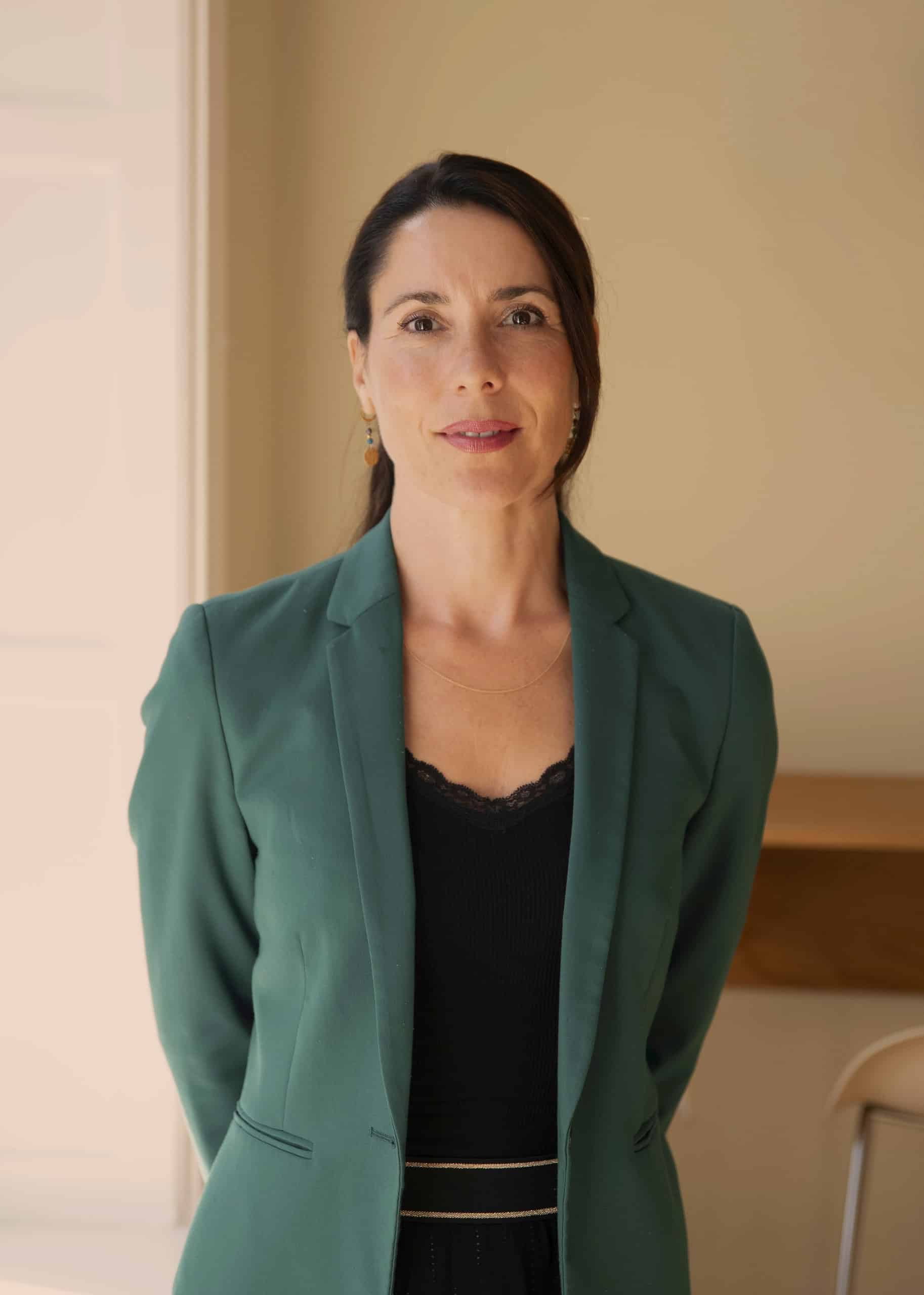6 August 2024
By Julie Ekner Koch – Mannaz

Mannaz has implemented a new AI-based tool in our Sustainability Education Programme highlighting even more sustainability aspects through dilemmas. One of our subcontractors developed this tool, and we have jointly adapted the tool to suit our customers.
The solution is based on recognisable everyday dilemmas and allows participants to discuss and test their solutions with a holistic maturity model. This way, users gain insight into how complex sustainability work is and how strategy, products, employees, and leaders all need to be involved to achieve the goals.
Participants are excited to delve even deeper and use the AI tool as an intelligent sparring partner.
One of the participants says:
“The AI dilemma tool guides us through, so we have these discussions! It shows how complex the area is.”
At Mannaz, we have many years of experience facilitating knowledge-sharing and collaboration. We do this, for example, in our education and consultancy programmes for companies by working with cases, role-playing and discussing dilemmas. It was, therefore, also natural to build on our good experiences by bringing participants’ knowledge into play and adding a technological component. With our Sustainability Education Programme, we were keen to try new technology to delve even deeper into discussions and at the same time quickly get to the complexity of the issues.
AI adds something extra because often there isn’t a single correct answer when creating sustainable solutions.
Usually with group work, a group tends to repeat what they already know and agree with each other. In working with the AI-generated dilemma workshop, the facilitators experience that participants are challenged to nuance their solutions and think in different dimensions. This is precisely our goal with the Sustainability Education Programme – the ability to think of multidimensional solutions for sustainability.
Sustainability dilemmas are complex and require a thorough balancing of several different interests. It is necessary to think of multidimensional solutions; for example, one cannot only think about the economy or resource consumption but also consider leadership and communication.
Custom GPT is coded with a specific management model within sustainability. The tool can nudge participants to delve deeper into their reflections and provoke them a bit – for example, to consider other dimensions of the management model.
The chatbot is designed to provide dynamic feedback based on the answers from participants’ input. This captures the complexity of the dilemmas better than a regular collaboration with a fixed task description would manage to do.

In our Sustainability Education Programme, participants sit in smaller groups and are guided through a dilemma, partly by a facilitator, and partly by the AI dilemma tool.
For example, a group discussion regarding a supplier, who does not meet the company’s ESG standards. Based on the dilemma, the group discusses how they would influence the supplier to comply with ESG goals while considering the various parameters in the maturity model.
AI supplements the participants’ discussions by providing feedback on the choices and arguments put into the tool.
Mannaz will continue to use the AI dilemma tool in our Sustainability Education Programme, and we will also further implement the solution in several of our other education programmes.
AI is not meant to replace dialogue between people, but AI can be used advantageously to illuminate the complexity of an issue such as transitioning to greater sustainability.
For any questions, contact Julie Ekner Koch.
Julie works on designing and implementing digital learning and learning academies in companies and organisations.
